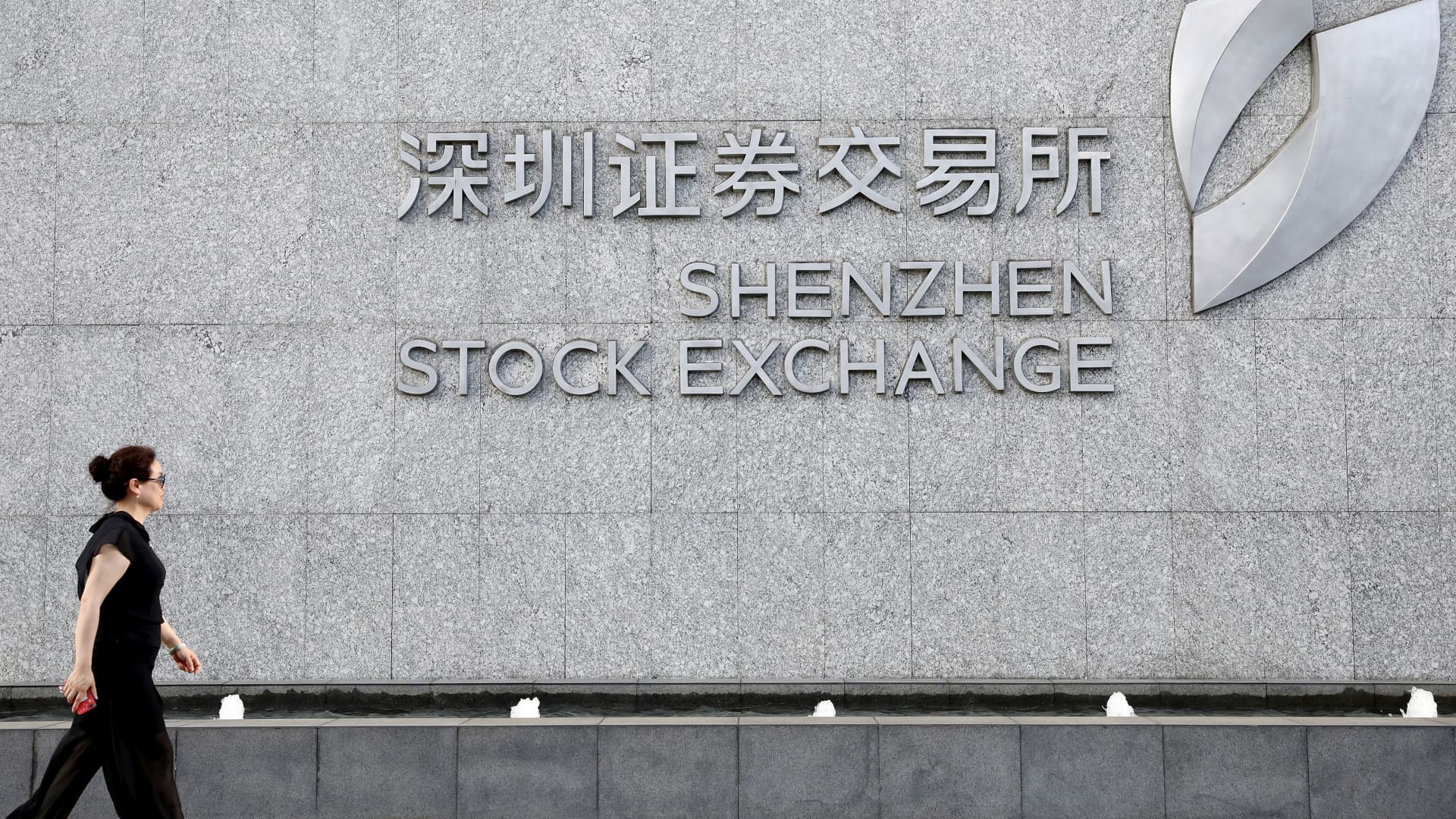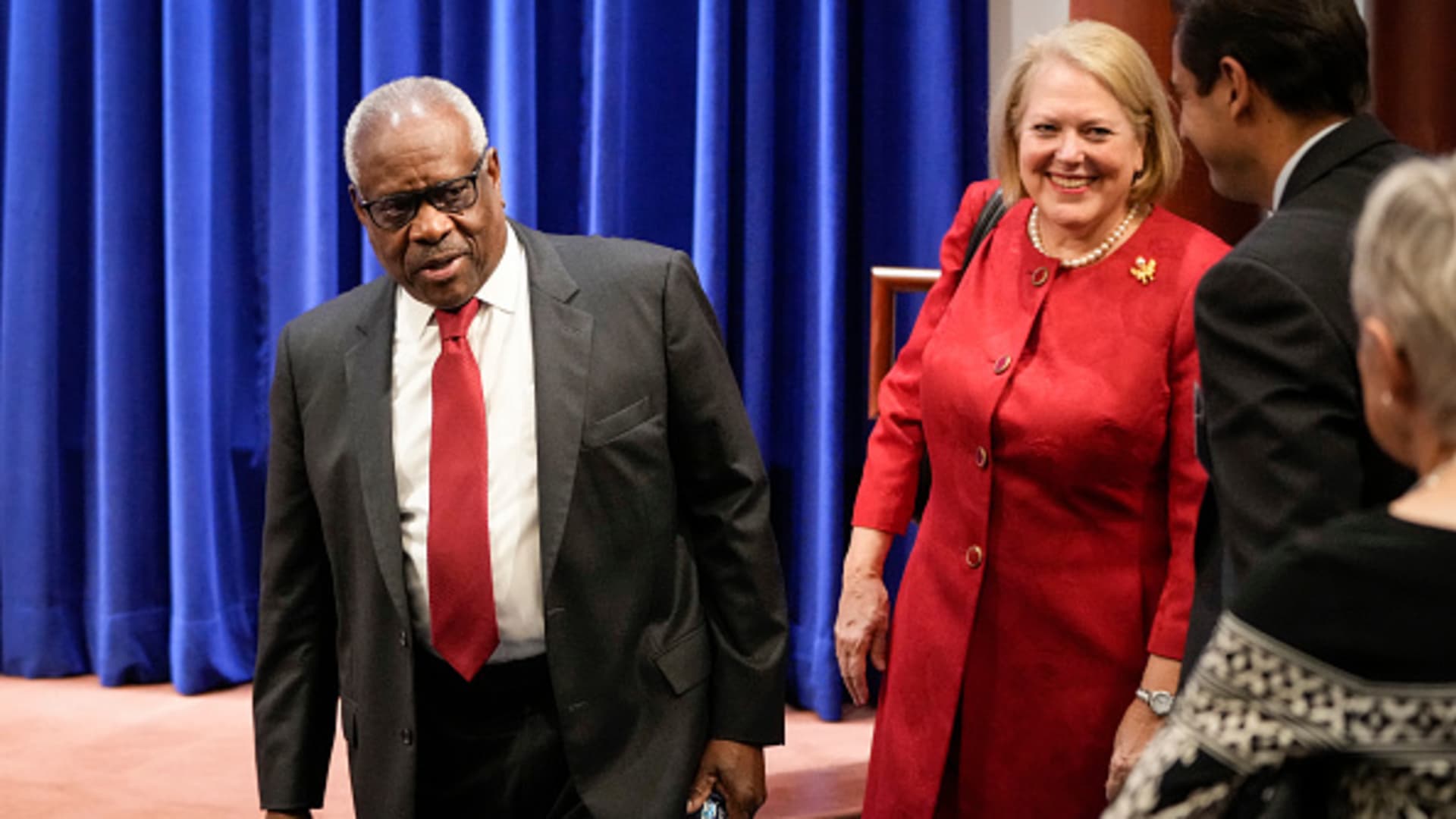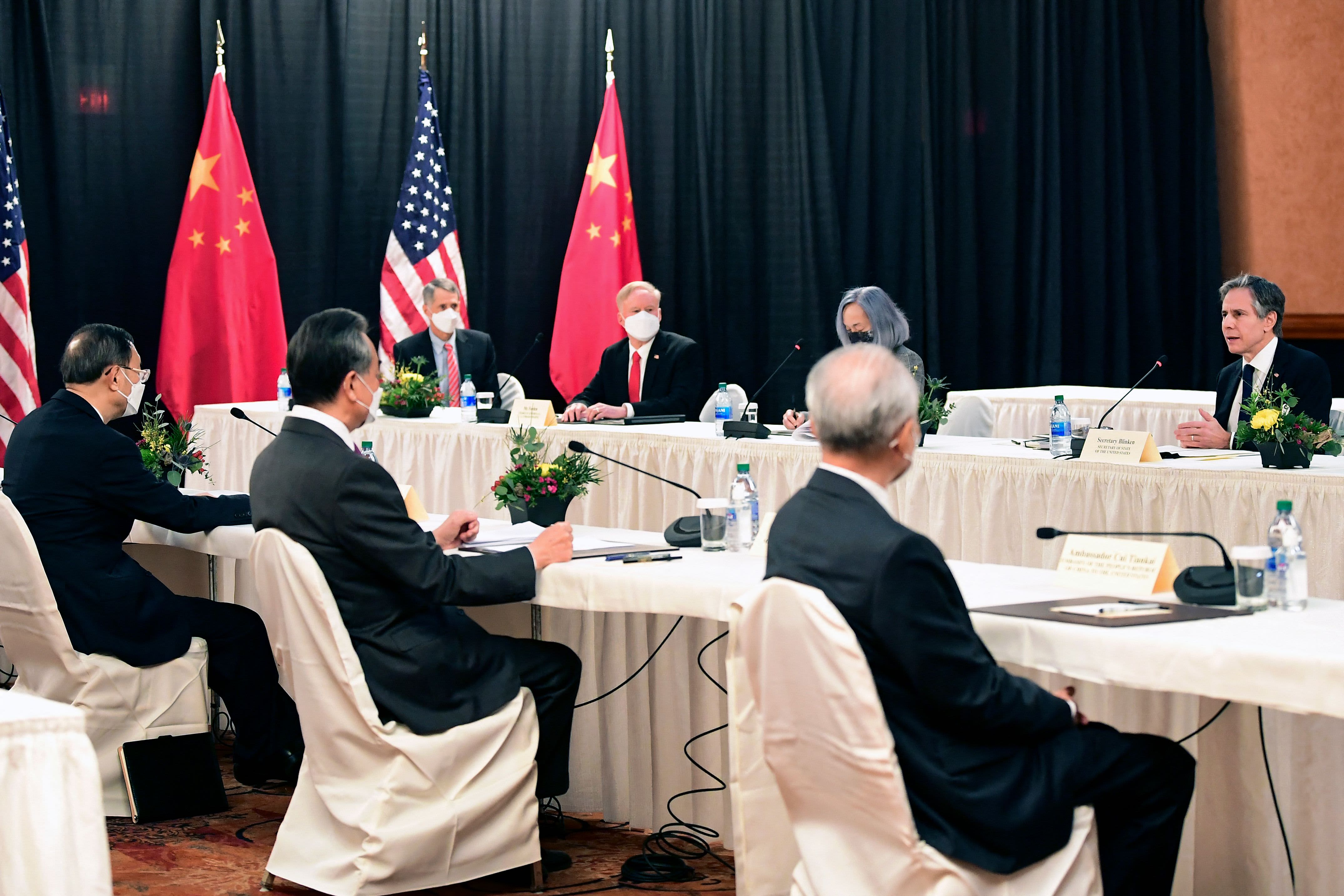Mainland China stocks rise on return to trade, as Asia stocks mostly climb following Fed rate hike
The U.S. Federal Reserve on Wednesday increased its benchmark interest rate by half a percentage point, in line with market expectations.

SINGAPORE — Shares in Asia-Pacific were mostly higher on Thursday following the U.S. Federal Reserve's widely expected decision overnight to hike rates by half a a percentage point — its biggest increase in two decades.
Mainland Chinese stocks closed in positive territory as they returned to trade following days of holidays. The Shanghai composite gained 0.68% to 3,067.76 while the Shenzhen component rose 0.226% to 11,046.38.
China's services sector activity shrunk further in April, a private sector survey showed Thursday. The Caixin services Purchasing Managers' Index (PMI) declined to 36.2 for April, lower than March's reading of 42.
I think it was high time [the Reserve Bank of India] took action and tightened monetary policy to control the inflation.
Suresh Tantia
senior investment strategist, Credit Suisse
The 50-point mark in PMI readings separates growth from contraction. PMI readings are sequential and represent month-on-month expansion or contraction.
Data released over the weekend also showed Chinese factory activity contracted in April as Covid lockdowns hit industrial production.
Hong Kong's Hang Seng index fell into negative territory, declining around 0.1% as of its final hour of trading. Shares of JD.com and Bilibili jumped 1% and 2.55%, respectively. The two companies were added by the U.S. Securities and Exchange Commission to a list of firms facing delisting risk from American exchanges.
The S&P/ASX 200 in Australia climbed 0.82% to close at 7,364.70. MSCI's broadest index of Asia-Pacific shares outside Japan gained about 0.7%.
Markets in Japan and South Korea were closed on Thursday.
Stock picks and investing trends from CNBC Pro:
RBI rate hike
In India, the Nifty 50 rose 1.26% while the BSE Sensex gained about 1.3%, as of 12:53 p.m. local time. Those moves came after the Reserve Bank of India hiked its main lending rate at an off-cycle monetary policy meeting.
The Indian central bank on Wednesday raised the repo rate — the rate at which the RBI lends to commercial lenders — from 4% to 4.4%.
"Inflation in India is running high, the last print was 6.95% and in the subsequent month, we're going to see inflation to 7.5%," said Suresh Tantia, senior investment strategist at Credit Suisse's Asia-Pacific CIO Office.
"I think it was high time RBI took action and tightened monetary policy to control the inflation," he told CNBC's "Squawk Box Asia" on Thursday.
Fed raises rates
The U.S. Federal Reserve on Wednesday increased its benchmark interest rate by half a percentage point, in line with market expectations. The central bank also outlined a program whereby it will eventually cut its bond holdings by $95 billion a month.
Fed Chair Jerome Powell emphasized the commitment to bringing inflation down, though he said a 75 basis points hike is "not something the committee is actively considering."
Markets on Wall Street jumped overnight following the Fed decision, with the S&P 500 rising nearly 3% to 4,300.17. The Dow Jones Industrial Average surged 932.27 points, or 2.81%, to 34,061.06. The Nasdaq Composite soared 3.19% to 12,964.86.
"It was the push back on a 75bp hike from the US Fed Chair Powell that set the market rally in motion," Lavanya Venkateswaran, an economist at Mizuho Bank, wrote in a note.
"The market reaction, mainly underscoring a repricing from the aggressive rate hikes built in, does not take away from the hawkish Fed intentions," said Lavanya.
Currencies and oil
The U.S. dollar index, which tracks the greenback against a basket of its peers, was at 102.822 following a recent decline from above 103.
The Japanese yen traded at 129.52 per dollar, stronger as compared to levels above 130 seen against the greenback yesterday. The Australian dollar changed hands at $0.7215, off an earlier high of $0.7266.
Oil prices were higher in the afternoon of Asia trading hours, with international benchmark Brent crude futures up 0.23% to $110.39 per barrel. U.S. crude futures climbed fractionally to $107.88 per barrel.
— CNBC's Jeff Cox contributed to this report.

 Koichiko
Koichiko 






























